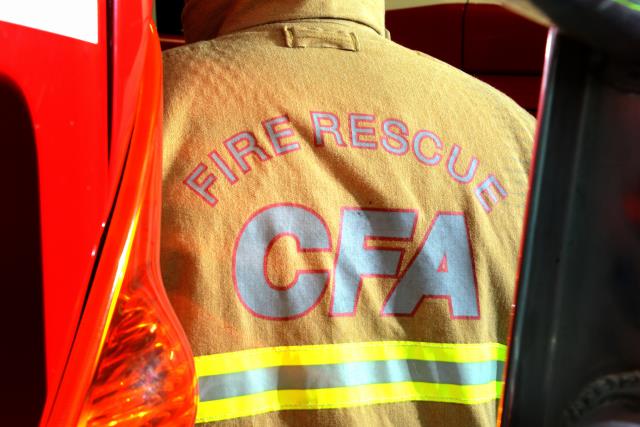Victoria’s road toll is on the brink of surpassing the 2022 total as police promise to step up roadside monitoring during the Melbourne Cup long weekend.
The number of deaths on Victoria’s roads is on the cusp of overtaking the total number of fatalities in 2022, with two months remaining in the year.
There have been 237 people killed on the roads as of November 2 compared with the 240 deaths for the whole of 2022.
The toll is also the state’s highest since 2016 where 240 motorists had died at the same point in the year.
Assistant Commissioner Glenn Weir warned drivers that police would take a zero tolerance approach to drink and drug-driving over the Melbourne Cup long weekend.
“These behaviours continue to contribute significantly to serious injury and fatal collisions, and we’re doing everything we can to reduce further trauma on our roads this year,” he said.
Victoria Police’s 2022/23 annual report reveals officers fell more than 500,000 breath tests short of the force’s three million target.
In 2018, the force was busted after officers faked more than 258,000 roadside alcohol breath tests over five years in an apparent attempt to fool productivity checks.
The Transport Accident Commission separately noted 27 per cent of people who died in a vehicle in 2022 were not wearing a seatbelt.
“It has been alarming to see the number of people detected not wearing a seatbelt has gone up,” Premier Jacinta Allan told reporters.
Drivers should expect to be alcohol and drug tested over the long weekend as police step up their roadside monitoring.
The volume of breath tests will return to an expected 120,000 tests as COVID-19 protocols have been scaled back.
The assistant commissioner said drivers should not expect any sympathy from officers this long weekend.
“We’re seeing a large number of the trauma injuries, serious injuries or deaths on the road are caused by people who are just a little bit over or going just a little bit too fast,” Mr Weir said.
“You’re not a little bit dead. Small levels of non-compliance can lead to catastrophic outcomes.”
Some 1061 people died on Victoria’s roads in 1970, the year the state became the first jurisdiction in the world to make seatbelts mandatory.







